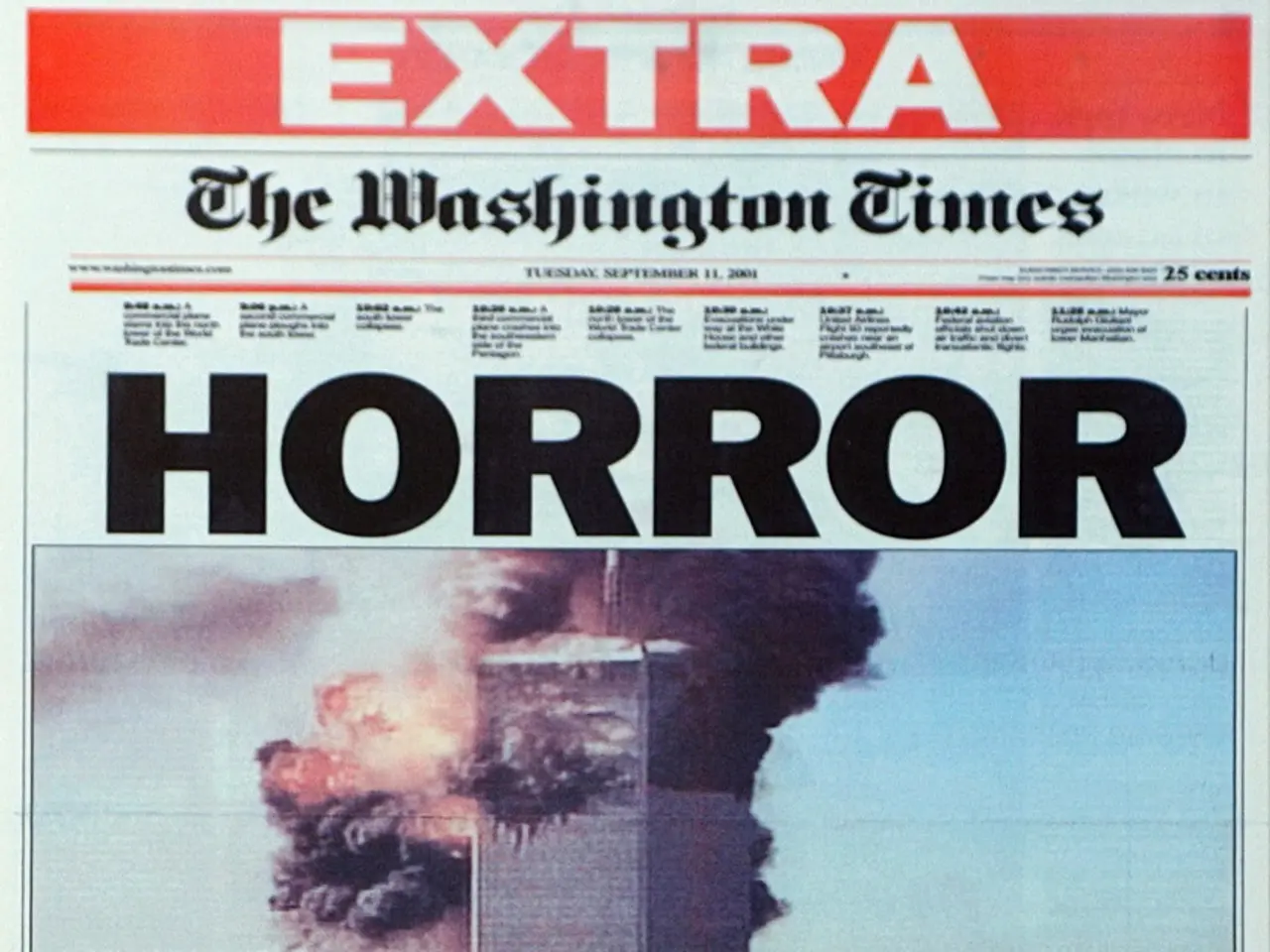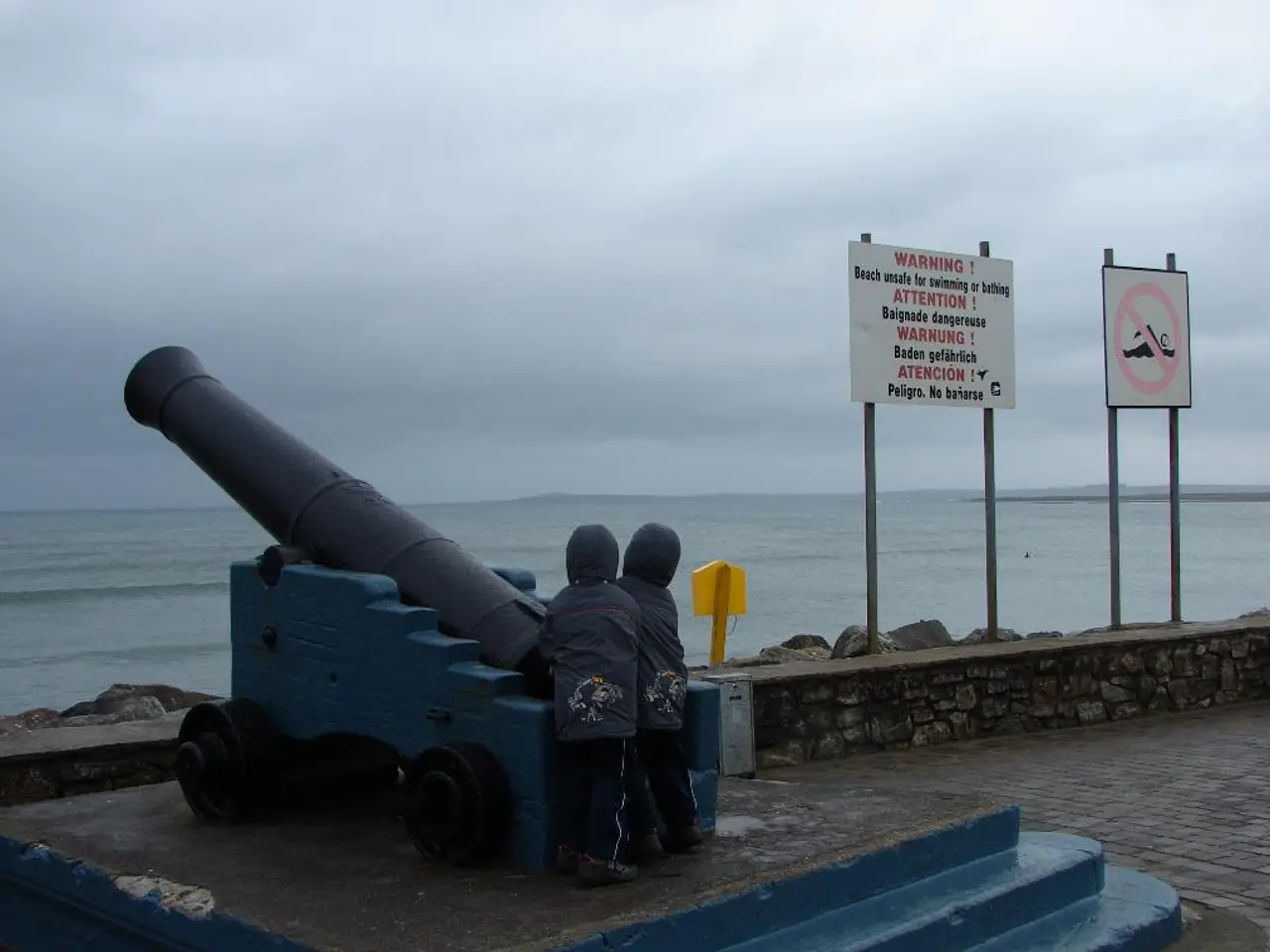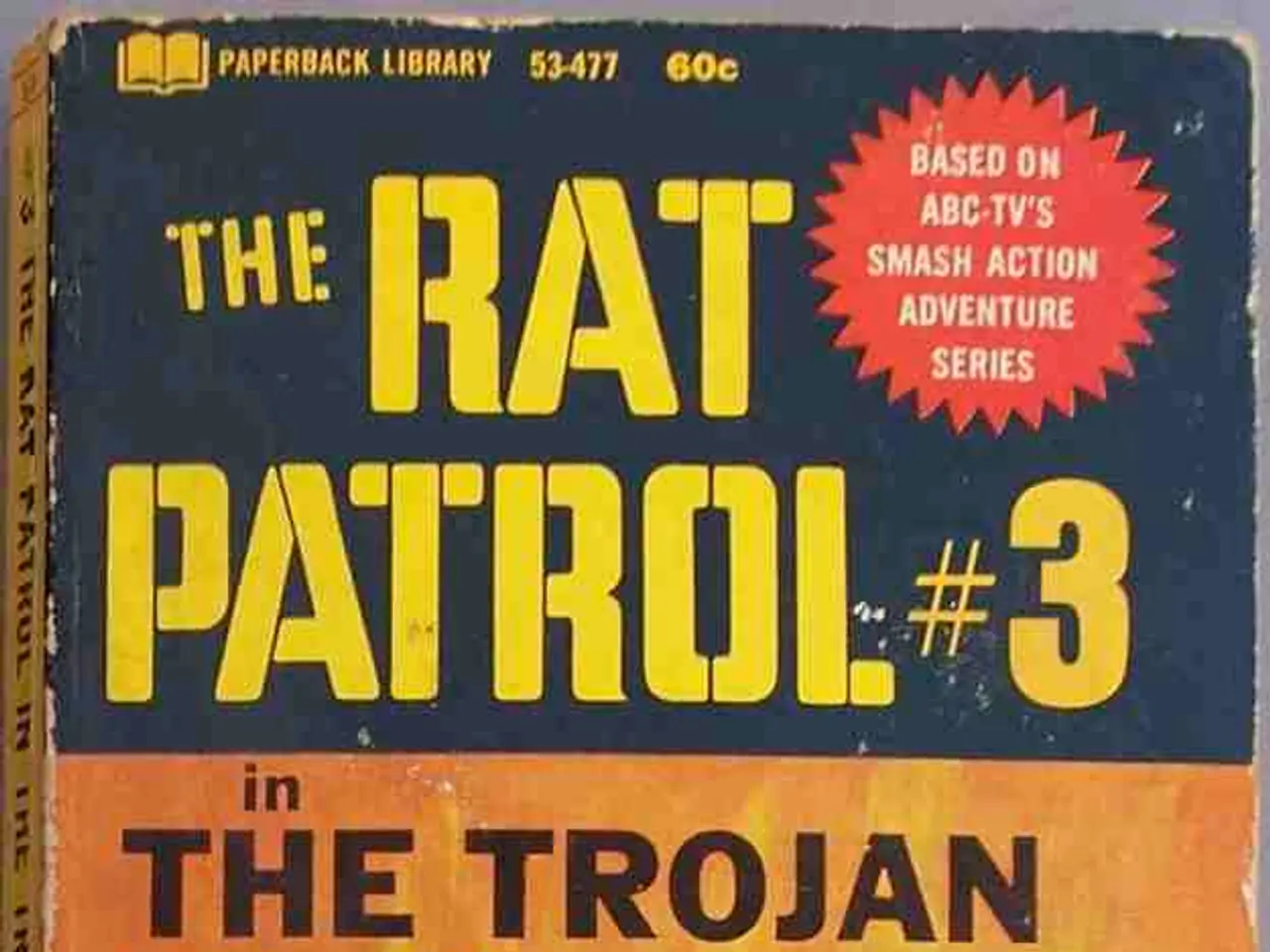KMT Lawmakers Face Recall Votes in Taiwan, Shaping Parliament and Relations with China
Upcoming recall votes pose a threat to the opposition's firm control over Taiwan's parliament.
Things are heating up in Taiwan as a massive recall campaign targets Kuomintang (KMT) lawmakers in the Legislative Yuan. At least 24 KMT members are facing a vote to be ousted from parliament, which could see the ruling Democratic Progressive Party (DPP) gain a majority in the legislature.
On Friday, Taiwan's Central Election Commission approved recall petitions against these KMT legislators, setting the votes for July 26, 2025. The deciding factor will be whether more than 50% of the voters in each district, who turn out to vote, vote in favor of the recall. If that happens, a by-election will be held to choose a replacement.
These recall votes are no small feat, as they require the support of more than 10% of eligible voters in a legislator's district. In this case, if 12 or more of the 24 recall votes are passed, the DPP will temporarily hold a majority in parliament. Winning just 6 more seats in by-elections will secure legislative control for the DPP until the next general election in 2028.
The DPP has portrayed this mass recall campaign as a fight against politicians undermining Taiwan's security from within, as China intensifies its pressure on the country. Beijing claims Taiwan as part of its territory and threatens to bring it under its control by force if Taipei refuses unification indefinitely.
Since Lai took office in May last year, the KMT and the smaller opposition Taiwan People's Party have used their joint legislative majority to block government spending, including for defense, redistribute part of the budget to local governments, and override the executive while making it difficult for the constitutional court to function. Some DPP politicians and supporters claim these actions help China weaken Taiwan.
The KMT, on the other hand, denies such allegations and argues that it seeks to lower tensions through dialogue with Beijing. The party has also criticized the recall votes as a move towards dictatorship and urged its supporters to vote against them to protect democratic plurality.
Having a majority in parliament could give the DPP more leverage in pushing for stronger defense capabilities against Chinese military threats. Conversely, the KMT's continued presence might embolden opposition-backed policies that soften the stance towards China, reduce government spending on defense, and weaken Taiwan's ability to deter Chinese military threats.
All in all, the outcome of these recall votes is significant for Taiwan's internal political balance and cross-strait relations, shaping whether the country strengthens its defense capabilities or adopts softer policies towards China. The struggle over how to handle the China issue reflects a broader political contest in Taiwan, with the outcome of the recall votes potentially tipping the legislative balance in favor of one approach or the other.
- The ongoing recall campaign against Kuomintang (KMT) lawmakers in Taiwan, driven by their perceived undermining of Taiwan's security, has roots in war-and-conflicts with China, particularly China's intensified pressure and territorial claims.
- The politics surrounding these recall votes extend beyond their immediate consequences for the Legislative Yuan, reaching into policy-and-legislation with implications for Taiwan's defense capabilities, as a majority for the Democratic Progressive Party (DPP) could push for stronger security measures.
- The general-news landscape in Taiwan has been shaped by the ongoing recall votes, with the crime-and-justice aspect coming into play as the KMT accuses the DPP of moving towards dictatorship with the recall process, while the DPP counters that the KMT's actions help China weaken Taiwan.






